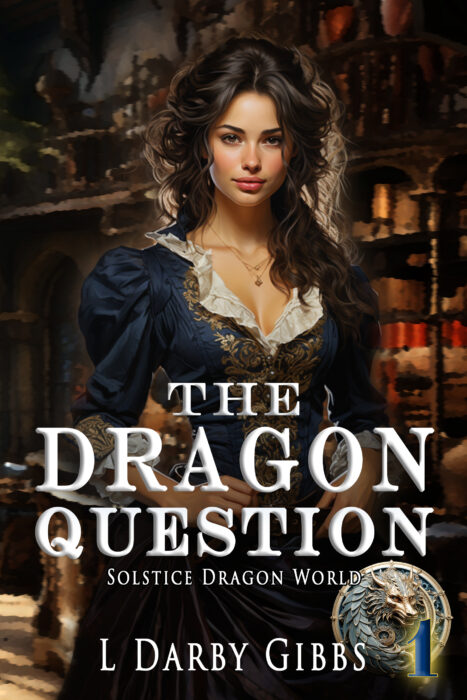Actually, there isn’t anything strange about weather. We can have rain, snow, clouds, sunny skies, cold and warmth with the option to combine as nature and climate see best. But we look at weather like it is something strange. Wow, look at those clouds coming in? Hey, I think it’s raining! Did you see how…
Tag: description
ring by ring, we build brevity, depth, complexity, simplicity Every new skill or bit of knowledge we learn brings with it that usage curve that starts out complex, and as we gain understanding and mastery, we simplify and integrate. That applies to life and work in general, but it is also the essence of growing…
Regional stories are wrapped around the cultural, traditional, and environmental qualities of the area. Often dialect is a feature, but not a requirement. So work on a few paragraphs of a story that can only happen where you are. Make it utterly dependent on the locale, can’t happen anywhere else but there. Read Faulkner’s “Barn…
